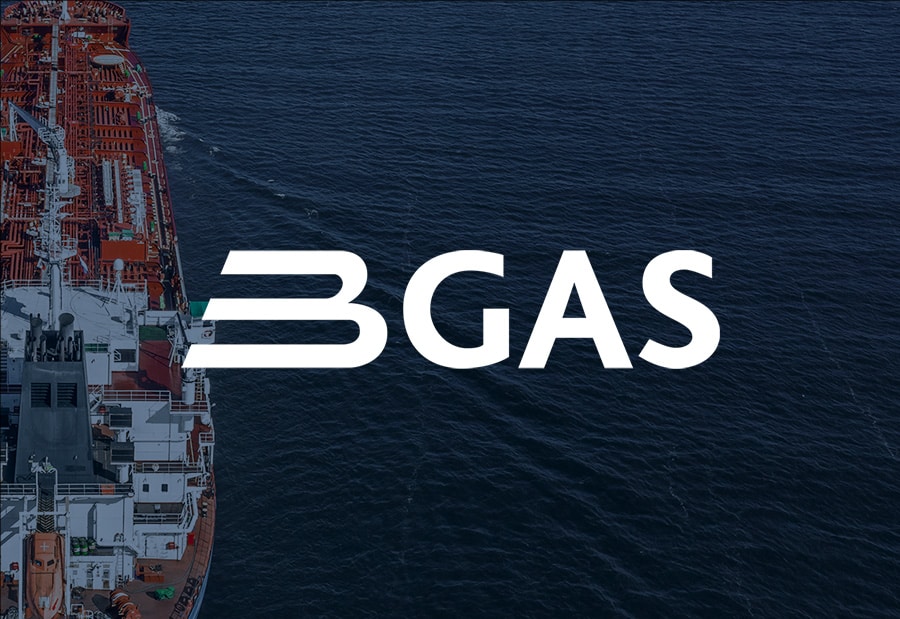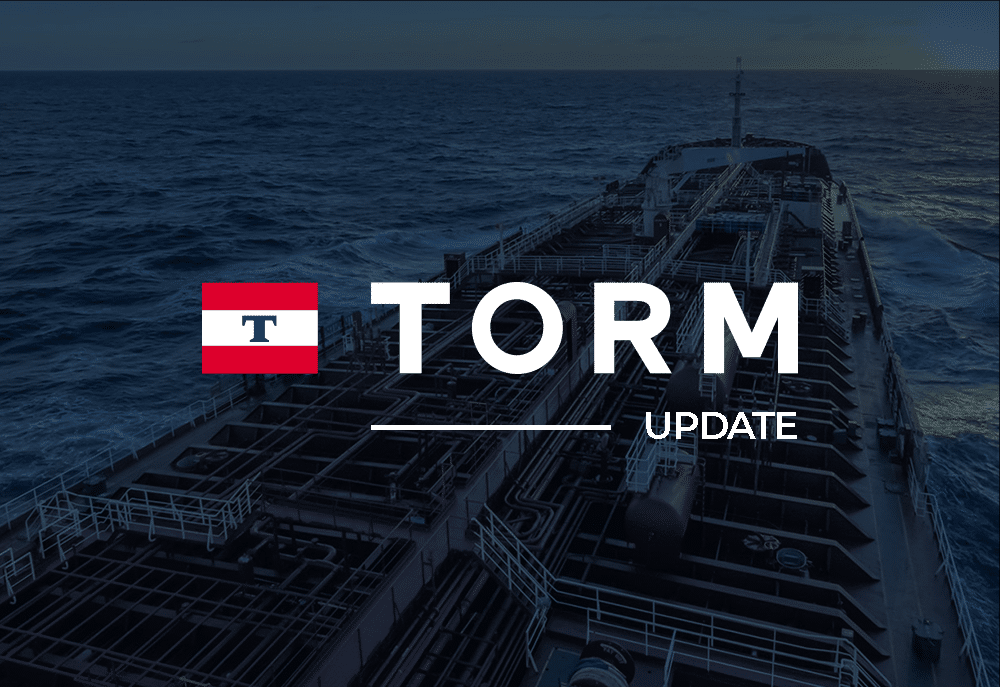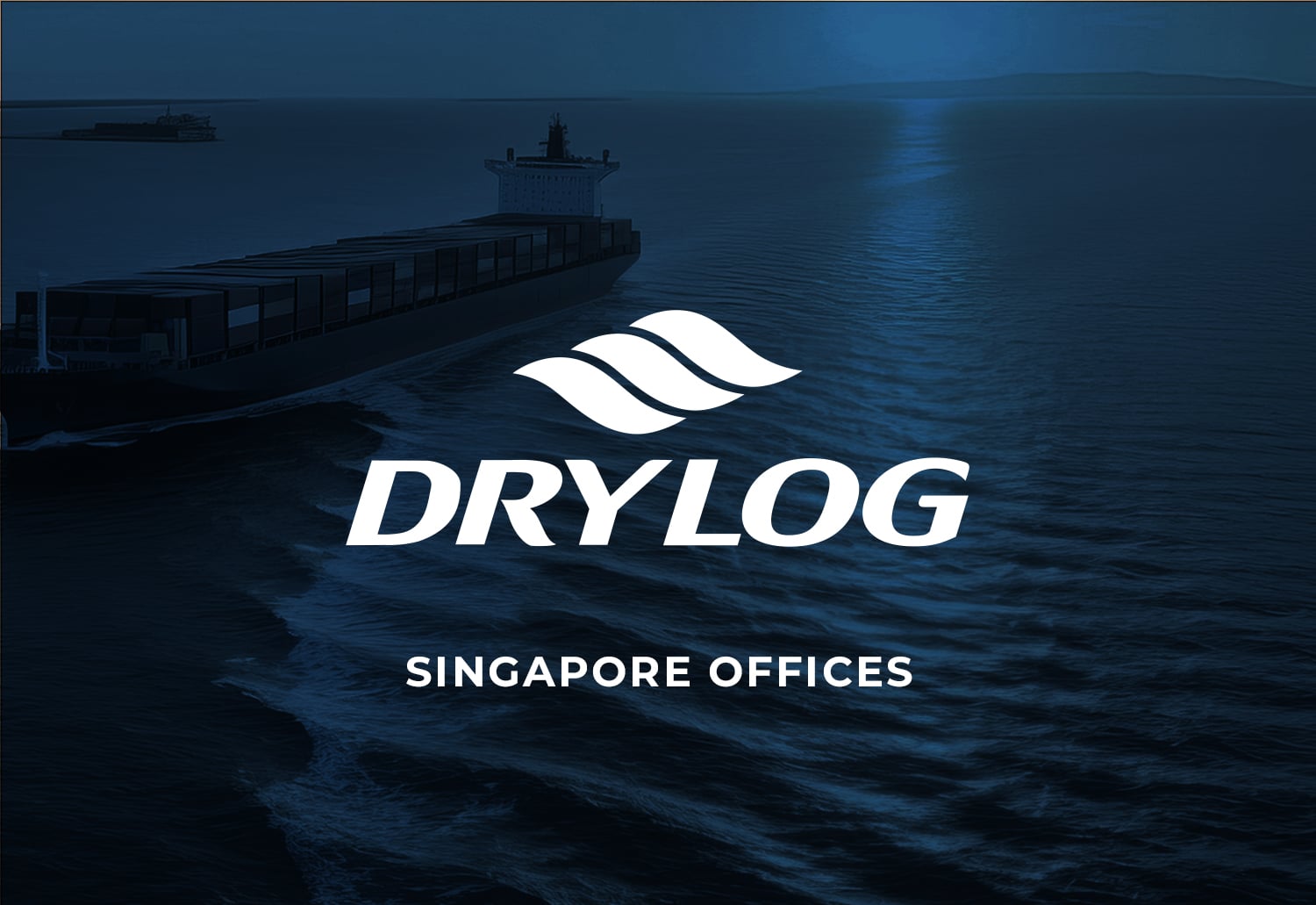Email still offers the most critical form of communication in the maritime shipping industry. Despite advances in other forms of communication, email remains the most efficient and reliable way to send messages between ships, ports, and shore-side operations. This blog post will discuss why email is still king in the maritime shipping industry.
Why is Email Used So Heavily in the Maritime Shipping Sector?
Email is a vital communication tool for the maritime shipping industry, as it offers a reliable, fast, and secure method of communication. Email enables shipping businesses to keep track of their operations across multiple teams, allowing them to send and receive messages that can be accessed from anywhere.
In addition to its versatility and convenience, email provides an effective way to store crucial data related to shipment tracking. With email communications, documents such as contracts and bills of lading can be sent back and forth quickly, ensuring that all relevant information is easily accessible. For this reason, email is essential for maritime shipping companies when organizing shipments safely and efficiently.
Shipping Companies Are Seeing Staggering Email Volumes
Due to the nature of the maritime industry, shippers must keep organized communications records with customers, suppliers, and other stakeholders to ensure successful operations. The email volume experienced at maritime shipping companies is expected to remain high and unlikely to decline soon. This is because it is a reliable form of communication that keeps records and information easily accessible when needed.
Email has become an essential part of the shipping industry due to its ease of use and ability to cut costs associated with paper documents. In addition, emails allow for an efficient way to communicate with customers domestically and internationally and coordinate shipments between multiple parties. This means shippers can keep track of shipments more accurately while responding quickly and efficiently, reducing errors due to delays or miscommunications.
Types of Email Communication at Shipping Companies
Shipping companies typically send out various emails to communicate with customers, vendors, and other maritime industry stakeholders. These emails may include confirmation emails when an order has been placed, client-specific emails tailored for each customer’s needs, delivery dates for upcoming orders, and further information on the shipped product—including any issues with the shipment.
Moreover, many maritime shipping companies have embraced advanced email collaboration tools designed specifically for their industry needs. These tools make it easier for multiple teams working in silos to communicate effectively with one another while keeping track of all the critical documents associated with each shipment. Through these email collaboration platforms, maritime shippers can manage operations more effectively by using their resources better while reducing risk factors such as delays or lost cargo shipments.
reMARK: Email Collaboration Designed for the Maritime Shipping Industry
Evidently, email is not going anywhere anytime soon in the maritime shipping industry. Regarding a more advanced solution, however, many shipping companies have turned to email collaboration platforms, such as reMARK. This platform is specifically designed for maritime shippers and allows teams to communicate, store information, and assign tasks quickly and conveniently.
reMARK contains various features like smart folders, automated email archiving, and advanced search features complete with email filters, enabling better inbox management, greater visibility, and reduced work overlaps. Now, maritime shippers have an efficient solution for better collaboration and streamlined communication.
reMARK is the ideal choice for maritime shipping companies looking to streamline maritime communication while improving team collaboration. Get in touch with Nordic IT today to learn more about how reMARK can help facilitate maritime shipping success.




